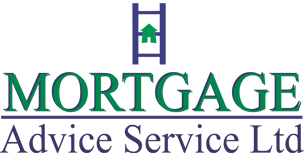
Fixed Rate Mortgages
Company address: Mortgage Advice Service Ltd, 28 Newport Road, Risca, Newport, Gwent, NP11 6LW
Mortgage Advice Service Ltd is an appointed representative of Quilter Financial Services Limited. Which are authorised and regulated by the Financial Conduct Authority.
Mortgage Advice Service Ltd: Registered in England & Wales, No. 04992573. Registered Office 28 Newport Road, Risca, Newport, Gwent, NP11 6LW.
The guidance and/or information contained within this website is subject to the UK regulatory regime, and is therefore targeted at consumers based in the UK.
Approver Quilter Financial Services Limited 12/12/2025.

Copyright © 2014 Adviser Pro All Rights Reserved.
